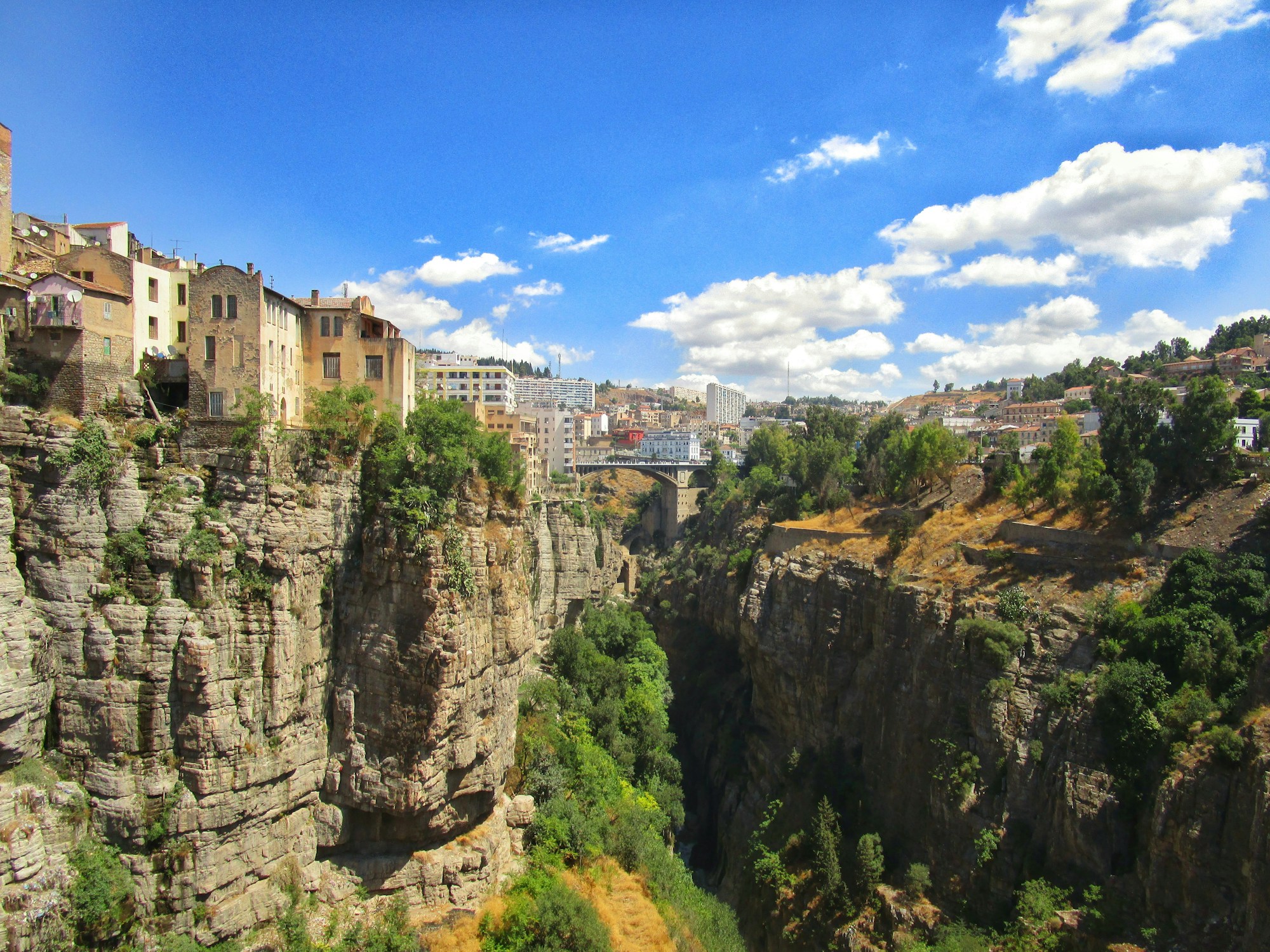Discover Algeria: Culture, Customs & Festivals

Discover Algeria: Culture, Customs & Festivals
Algeria, located in North Africa, is a fascinating country known for its rich cultural heritage, diverse customs, and vibrant festivals. Whether you are an adventure seeker, history enthusiast, or simply looking to immerse yourself in a new culture, Algeria offers a unique and unforgettable travel experience.
Culture and Customs
Algeria's culture is a beautiful blend of different influences, including Arab, Berber, and French. The Algerian people take pride in their traditions and hospitality, making visitors feel welcome and at home. The official language is Arabic, but French is widely spoken, especially in urban areas.
Family plays a significant role in Algerian culture, and the importance of extended family and community is highly valued. When visiting someone's home, it is customary to bring a small gift, such as flowers or pastries, as a sign of respect and appreciation.
The traditional clothing in Algeria varies between regions and is deeply tied to the country's history and heritage. The traditional garments for men often include a jebba, a loose-fitting cloak, and a chechia, a red wool hat. Women commonly wear a haik, a long white veil, and traditional dresses adorned with beautiful patterns and embroidery.
When exploring Algeria, it is essential to respect local customs and traditions. This includes dressing modestly, especially in rural areas or when visiting religious sites. It is also customary to greet people with a handshake, while avoiding prolonged eye contact as a sign of respect.
Must-See Festivals
Algeria is a country known for its vibrant and lively festivals, which showcase the nation's cultural diversity and provide a unique insight into its traditions and celebrations.
Timgad International Music Festival: Held annually in the ancient Roman city of Timgad, this festival features a mix of traditional Algerian music, international performances, and cultural exhibitions. Visitors can enjoy concerts, dance performances, and immerse themselves in the historical setting of this UNESCO World Heritage site.
Sahara Festival in Douz: Located in the Sahara Desert, this festival celebrates the nomadic traditions of the region. Visitors can witness traditional camel races, musical performances, and explore the mesmerizing landscape of the desert.
Ghardaia Moussem: Held in the city of Ghardaia, this festival is a celebration of the Mozabite culture and heritage. Attendees can experience traditional music, poetry recitations, and witness the colorful parades showcasing traditional costumes and dances.
Exploring Natural Beauty
Algeria is blessed with a diverse and breathtaking natural landscape, ranging from rugged mountains to vast deserts and picturesque coastlines.
Tassili n'Ajjer National Park: Located in the Sahara Desert, this UNESCO World Heritage site is home to ancient rock art, stunning sand dunes, and unique rock formations. Visitors can explore the park on guided hikes and witness the awe-inspiring beauty of the desert.
Timgad: This ancient Roman city, also a UNESCO World Heritage site, showcases incredible ruins that date back to the 1st century AD. Walking through the preserved streets and exploring the impressive amphitheater gives visitors a glimpse into Algeria's rich history.
Algiers: The capital city of Algeria, Algiers, offers a mix of historical landmarks, stunning architecture, and vibrant markets. Exploring the Casbah, a UNESCO World Heritage site, allows visitors to wander through narrow streets, admire ancient mosques, and soak up the city's bustling atmosphere.
Algeria's geographical diversity provides ample opportunities for outdoor enthusiasts to enjoy activities such as hiking, trekking, and even skiing in the Atlas Mountains during winter months.
Getting Around
When traveling in Algeria, it is advisable to use public transportation options such as buses or trains. The railway system connects major cities and offers a comfortable and affordable way to explore the country. Private taxis are also available and can be relatively inexpensive for shorter journeys within cities.
It is important to note that some areas, especially remote regions or near the borders, may require additional permits or caution due to security concerns. It is always recommended to check the latest travel advisories and consult with local authorities before venturing into these areas.
